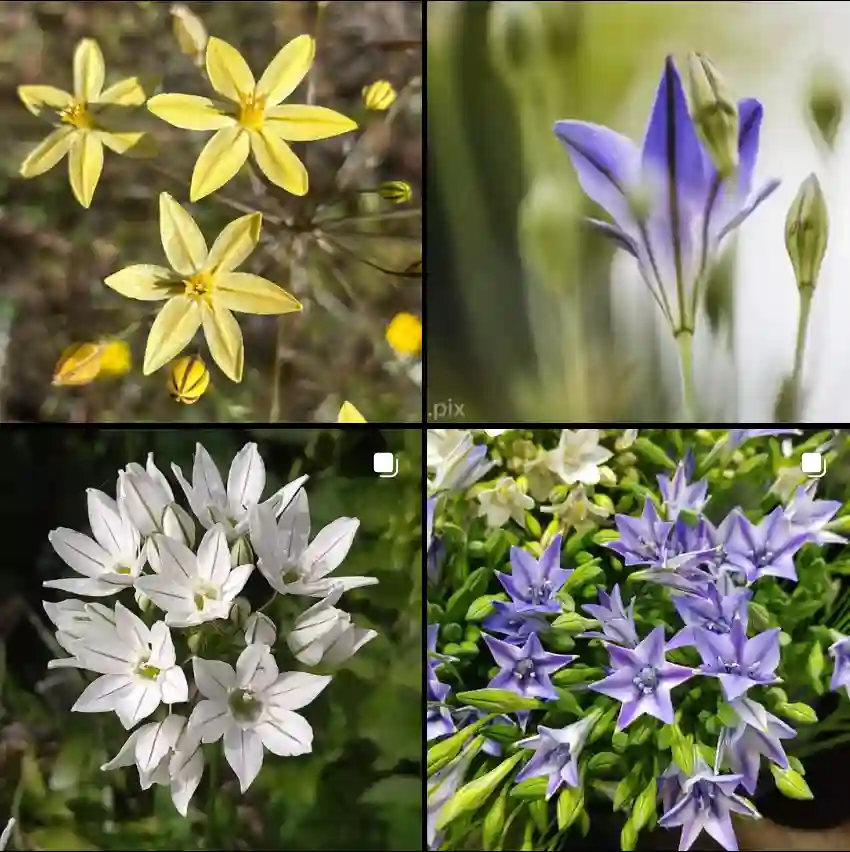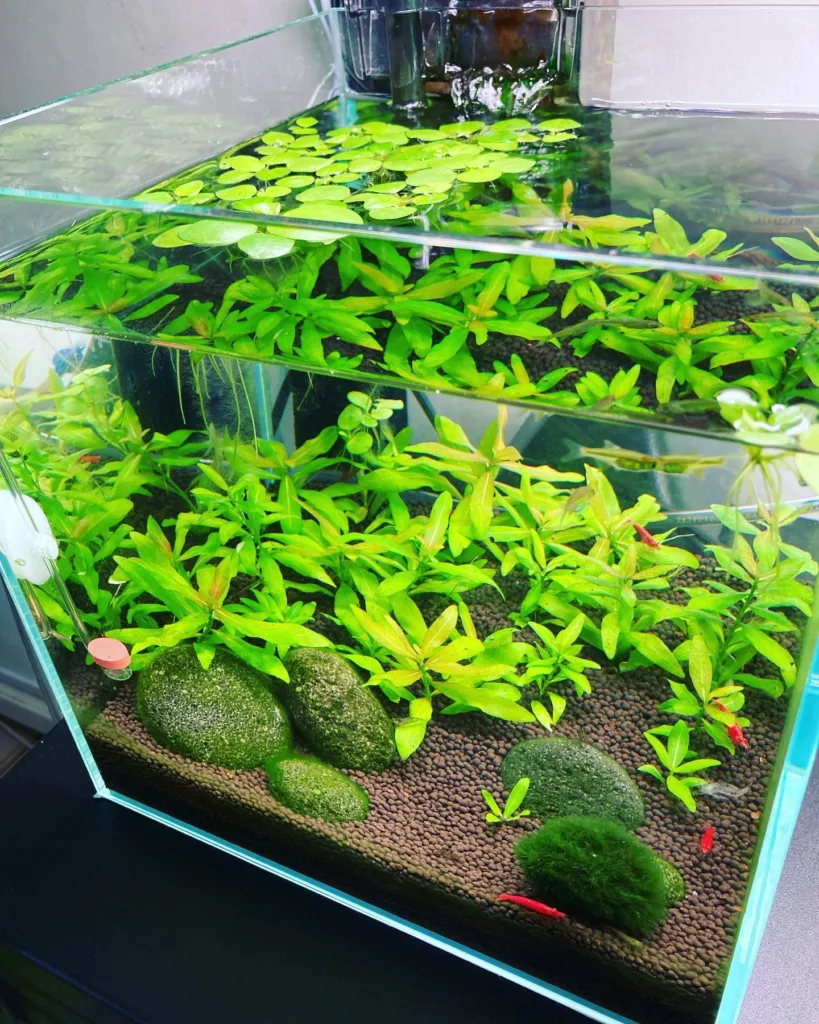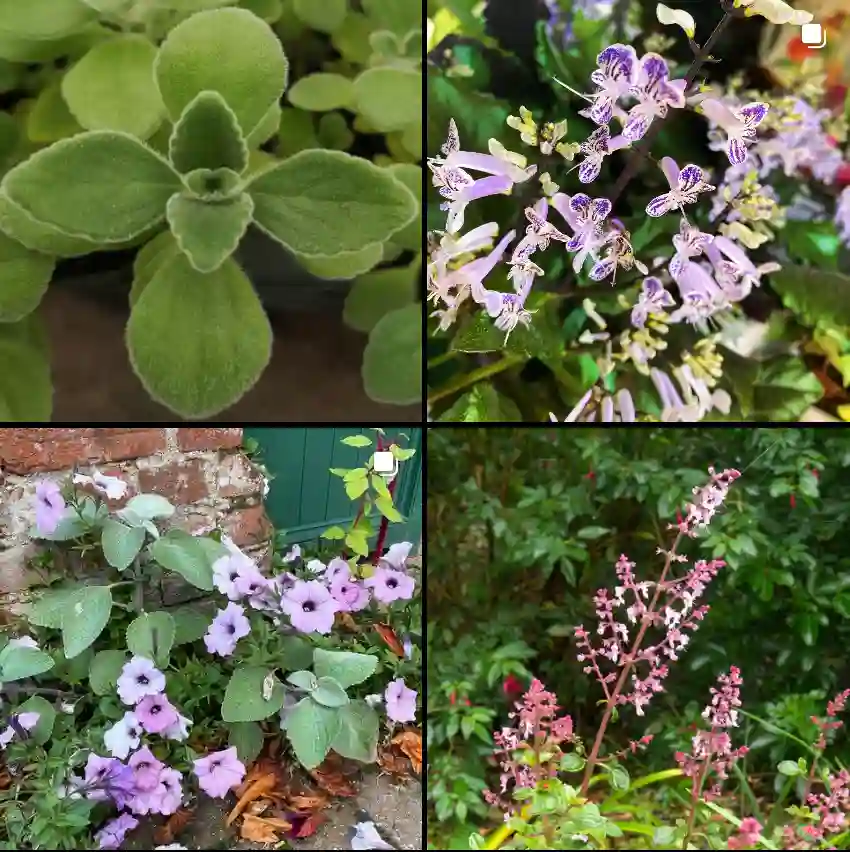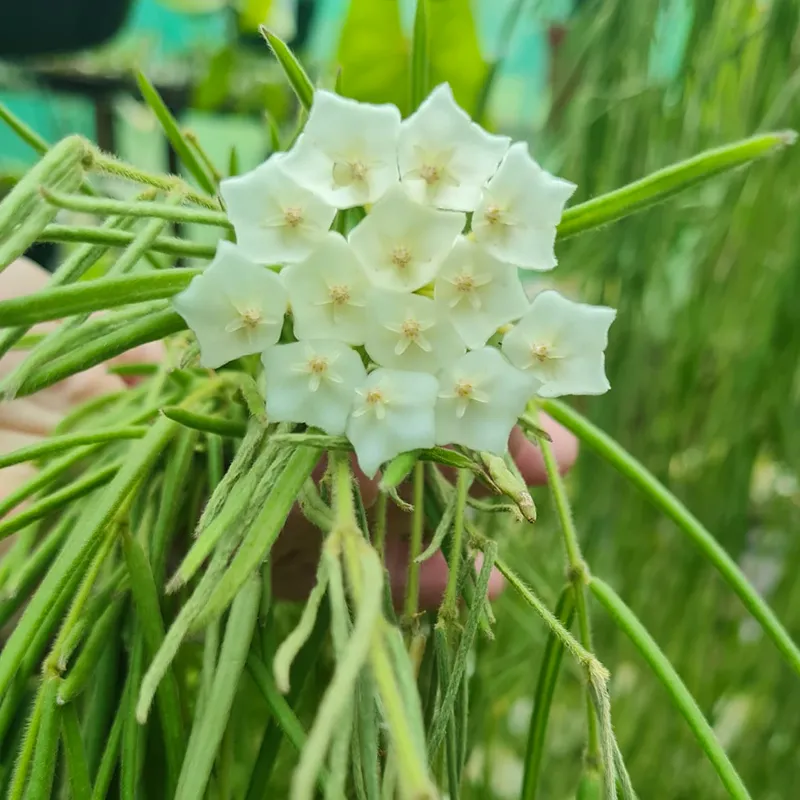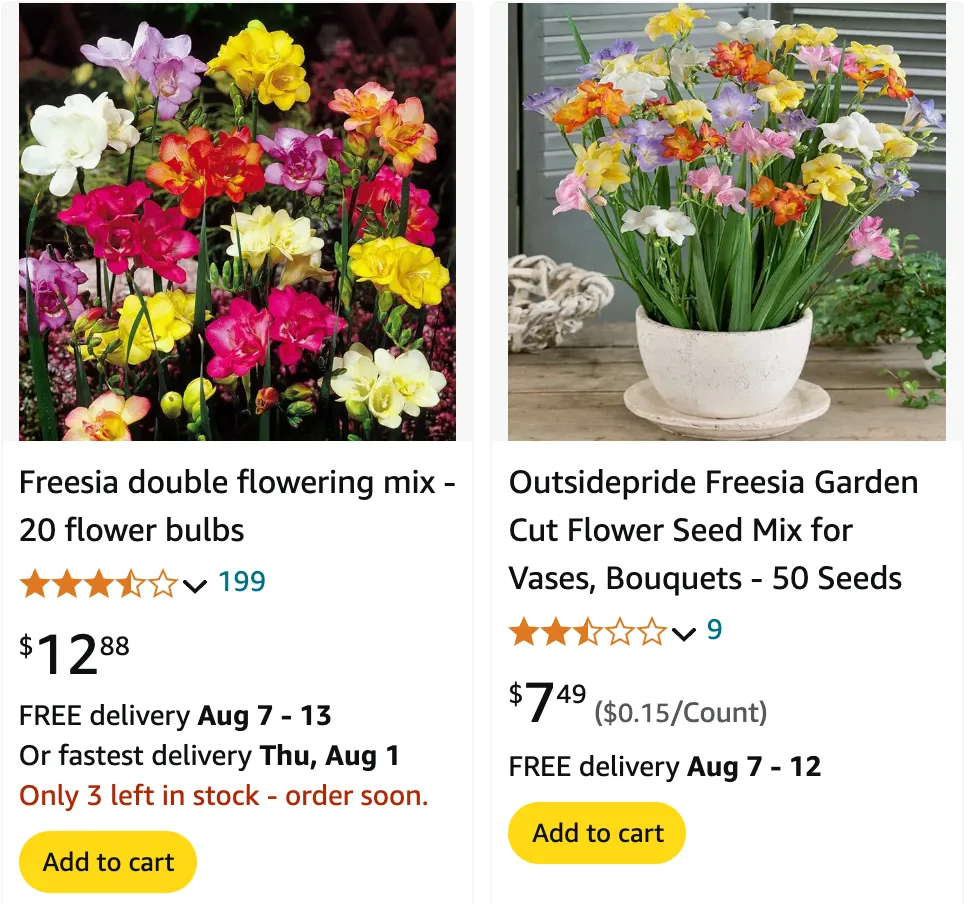
July 24 – Freesia
"Freesia, the fragrant bloom, represents July 24."
Freesia symbolizes innocence and joy. You bring happiness and light wherever you go, much like the delicate fragrance of this flower. Your presence is always refreshing.
Freesia FAQs: A Comprehensive Guide
As a plant enthusiast, I have a special place in my heart for Freesias. Their vibrant colors and intoxicating fragrance make them a favorite in my garden. I’ve compiled a list of frequently asked questions about Freesias, drawing from my personal experiences and knowledge. Let’s dive into the world of Freesias and discover what makes them so captivating.
What are Freesias?
Freesias are perennial flowering plants native to South Africa. They belong to the Iridaceae family and are renowned for their beautiful, funnel-shaped flowers. These blooms come in a variety of colors, including white, yellow, pink, red, and purple. Freesias are popular in gardens and as cut flowers due to their delightful appearance and strong fragrance.
Freesia species
- Freesia andersoniae L.Bolus
- Freesia caryophyllacea (Burm.f.) N.E.Br.
- Freesia corymbosa (Burm.f.) N.E.Br.
- Freesia fergusoniae L.Bolus
- Freesia fucata J.C.Manning & Goldblatt
- Freesia grandiflora (Baker) Klatt
- Freesia laxa (Thunb.) Goldblatt & J.C.Manning
- Freesia leichtlinii Klatt
- Freesia marginata J.C.Manning & Goldblatt
- Freesia occidentalis L.Bolus
- Freesia praecox J.C.Manning & Goldblatt
- Freesia refracta (Jacq.) Klatt
- Freesia sparrmanii (Thunb.) N.E.Br.
- Freesia speciosa L.Bolus
- Freesia verrucosa (B.Vogel) Goldblatt & J.C.Manning
- Freesia viridis (Aiton) Goldblatt & J.C.Manning
What does Freesia smell like?
The scent of Freesia is one of its most alluring features. Freesias have a sweet, citrusy fragrance with hints of honey and mint. The scent is often described as fresh and clean, making it a popular choice for perfumes and scented products. The fragrance is strongest in the evening, adding a touch of magic to any garden.
Are Freesias deer resistant?
In my experience, Freesias are quite deer resistant. Deer tend to avoid plants with strong fragrances or toxic properties, and Freesias fit the bill. While no plant is entirely deer-proof, Freesias have held up well in my garden, even in areas with a high deer population.
Are Freesias poisonous to dogs?
Freesias are not considered toxic to dogs. I’ve never had any issues with my pets and Freesias coexisting in the garden. However, it’s always a good idea to monitor pets around plants and consult with a veterinarian if you have any concerns.
Are Freesias toxic to cats?
Similar to dogs, Freesias are not toxic to cats. My cats have shown little interest in the Freesias in my garden, and I haven’t encountered any problems. As with any plant, it’s best to keep an eye on your pets and ensure they aren’t ingesting large quantities of any garden plants.
When to plant Freesia bulbs in California?
California’s climate is perfect for growing Freesias. I usually plant Freesia bulbs in the fall, around October or November. This timing allows the bulbs to establish roots before the winter and bloom beautifully in the spring. Freesias thrive in well-drained soil and a sunny location.
How to store Freesia bulbs?
Proper storage of Freesia bulbs is crucial for ensuring their health and vigor. After the blooming season, I dig up the bulbs and let them dry in a cool, dark place for a few days. Once dry, I store them in a paper bag or a mesh sack in a cool, dry location. It’s important to avoid any moisture to prevent mold and rot.
How to care for Freesias?
Caring for Freesias is relatively straightforward. They prefer well-drained soil and full sun to partial shade. I water them regularly but ensure the soil isn’t waterlogged. Freesias also benefit from a balanced fertilizer during the growing season. Deadheading spent flowers encourages more blooms and keeps the plant looking tidy.
How to propagate Freesias?
Propagating Freesias can be done through division or seeds. I find division to be the easiest method. After the flowering season, I carefully dig up the clumps of bulbs and separate the offsets. These can be replanted immediately. Growing Freesias from seed requires patience, as it can take several years for the plants to bloom.
What to plant with Freesias?
Freesias look stunning when paired with other spring-blooming bulbs. I often plant them alongside tulips, daffodils, and crocuses. Their vibrant colors complement each other, creating a visually appealing display. Freesias also do well with perennials like daylilies and irises, adding layers of interest to the garden.
Where to buy Freesia flowers?
Freesia flowers and bulbs are widely available. I usually purchase mine from local nurseries or garden centers. Online retailers also offer a wide selection, often providing detailed descriptions and growing tips. When buying online, I always check reviews and choose reputable sellers to ensure the quality of the bulbs.
Conclusion
Freesias are a fantastic addition to any garden or floral arrangement. Their beauty, fragrance, and ease of care make them a favorite among gardeners and flower enthusiasts. Whether you’re planting them in your garden, propagating new plants, or simply enjoying their scent in a bouquet, Freesias are sure to bring joy and elegance to your space.
If i die, water my plants!
